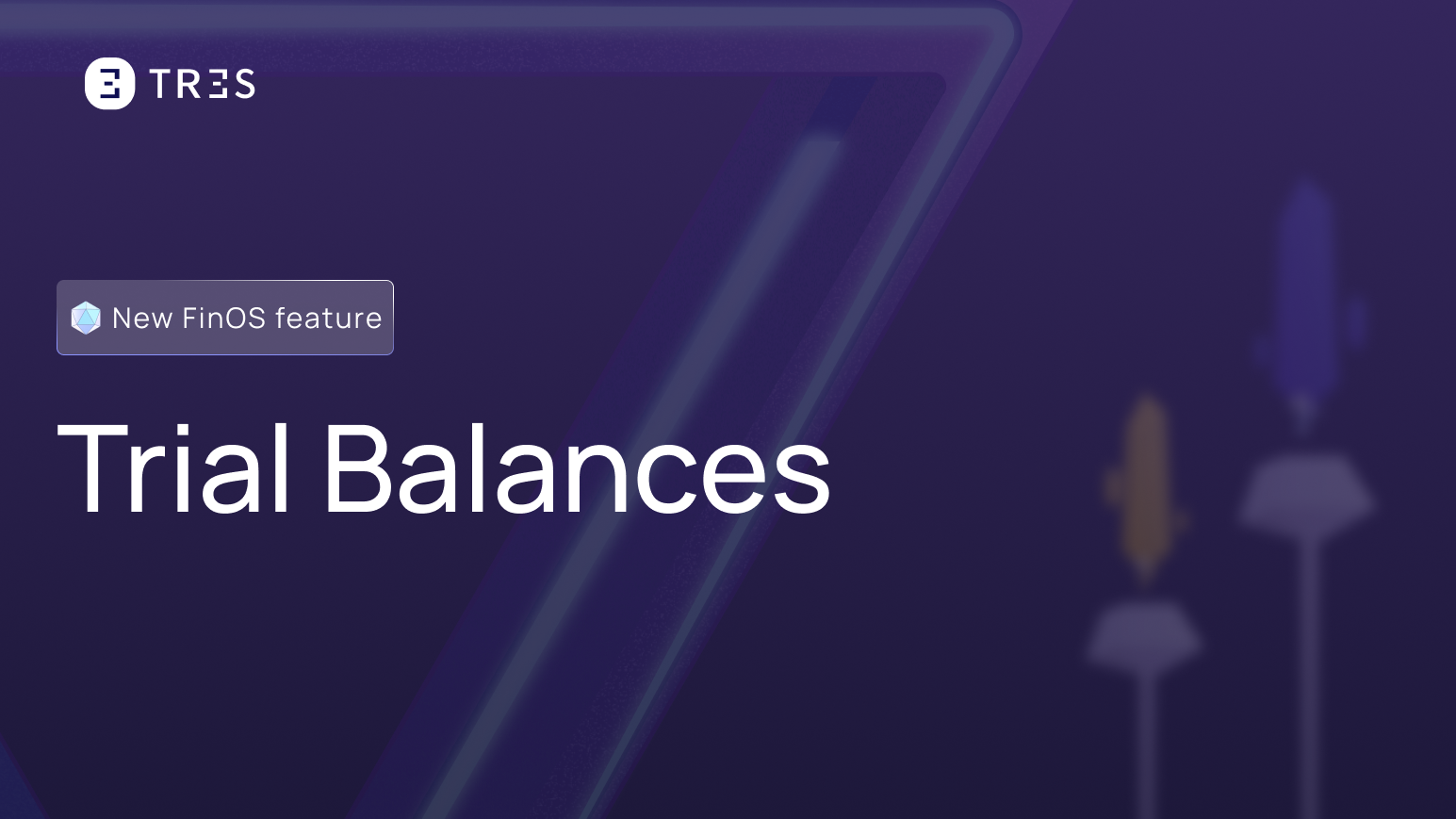
Late last week, the U.S. House passed a bill that undid the SEC guidance that limited bank’s ability to custody crypto & digital assets. But what does this mean for the wider market?
The original guidance, the Staff Accounting Bulletin No. 121 (SAB 121), was issued in March of 2022 and required entities to take on significant capital, liquidity and other costs in order to perform custodial duties for crypto assets. SAB121 became a significant departure from decades of generally accepted off-balance sheet accounting treatment for custodied assets.
Apparently, this was all in the name of transparency to investors and shareholders of businesses that were looking to perform crypto asset custodial activities. With the likes of FTX among a slew of big names in the crypto world that ultimately collapsed, the SEC were looking to protect investors from huge insolvencies and other issues.
Which Part of SAB 121 Caused the Issues?
The guidance was largely seen by the digital asset and crypto investment industry as a procedural ban on crypto asset platforms across the banking/financial world. This can be seen in the SAB 121’s imposition of asset-specific accounting requirements including:
- Booking Liabilities: SAB 121 required entities that operated a crypto asset platform to be “responsible for safeguarding the crypto assets held for its platform users”. This included the maintenance of the private key and other similar access information. By doing this, they would “present a liability on its balance sheet to reflect its obligation to safeguard the crypto assets held for its platform users.”
- Disclosure: SAB 121 also required specific disclosure of the technological, legal and regulatory risks that were associated with safeguarding crypto assets. This was extremely vague and meant that most saw this as a way of shutting down projects before they could get off the ground.
Overall, most of the industry saw this guidance as an unpassable roadblock when trying to register under the U.S. securities law. This specific accounting treatment also effectively stopped banks from being able to develop and market digital asset products.
SAB 122: A Massive Shift in Mentality
Fast forward 3 years and there has been a lot of change in the market. Bitcoin ETFs have become the fastest growing of all time, breaking record after record. There’s been a huge bull market and this time, companies dealing with cryptocurrency are being held to much stricter standards and regulations.
With a pro-crypto administration in the White House, the SEC SAB 121 has already been reversed, with the SEC now issuing SAB 122, meaning that the requirement for booking crypto asset custodians as a liability has now been overturned.
“An entity that has an obligation to safeguard crypto assets for others should determine whether to recognize a liability related to the risk of loss under such an obligation, and if so, the measurement of such a liability, by applying pre-existing Financial Accounting Standards Board and International Accounting Standard loss contingency considerations and guidance.
SAB 122 doesn’t remove the reporting requirements though, specifically outlining that entities “should continue to consider existing requirements to provide disclosures that allow investors to understand an entity’s obligation to safeguard crypto assets held for others.”
This means that banks and other financial institutions will, in the near future, be able to offer crypto & digital asset custodial services whilst registered under U.S. securities laws.
What Next?
Although this is a huge step forward for the industry, the bulletin itself should not be seen as a full reset of the financial regulatory regime governing crypto assets. Numerous other steps will need to be taken by the SEC, CFTC and other regulators in order to get things really moving.
…But this doesn’t take away the huge leap forward for institutional digital assets, and we’re seeing more and pro-crypto announcements and quotes.
Just today the Federal Reserve Chair, Jerome Powell, stated that “banks are perfectly able to serve crypto customers”
This all paints a very pro-crypto picture for 2025, and we’re certain that this will usher in a new era for digital assets and their usage across both retail & institutional investment.
2025, to the moon 🚀
Interested in TRES?





